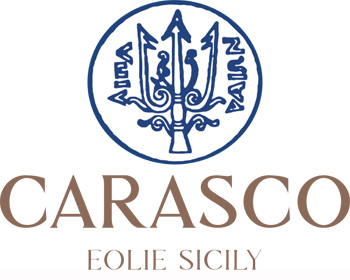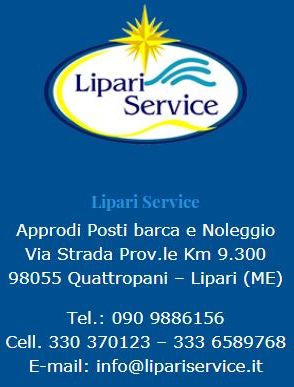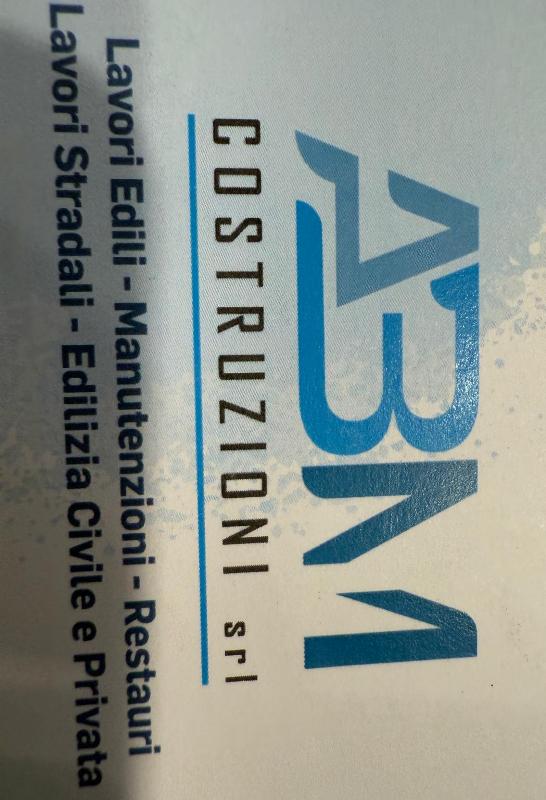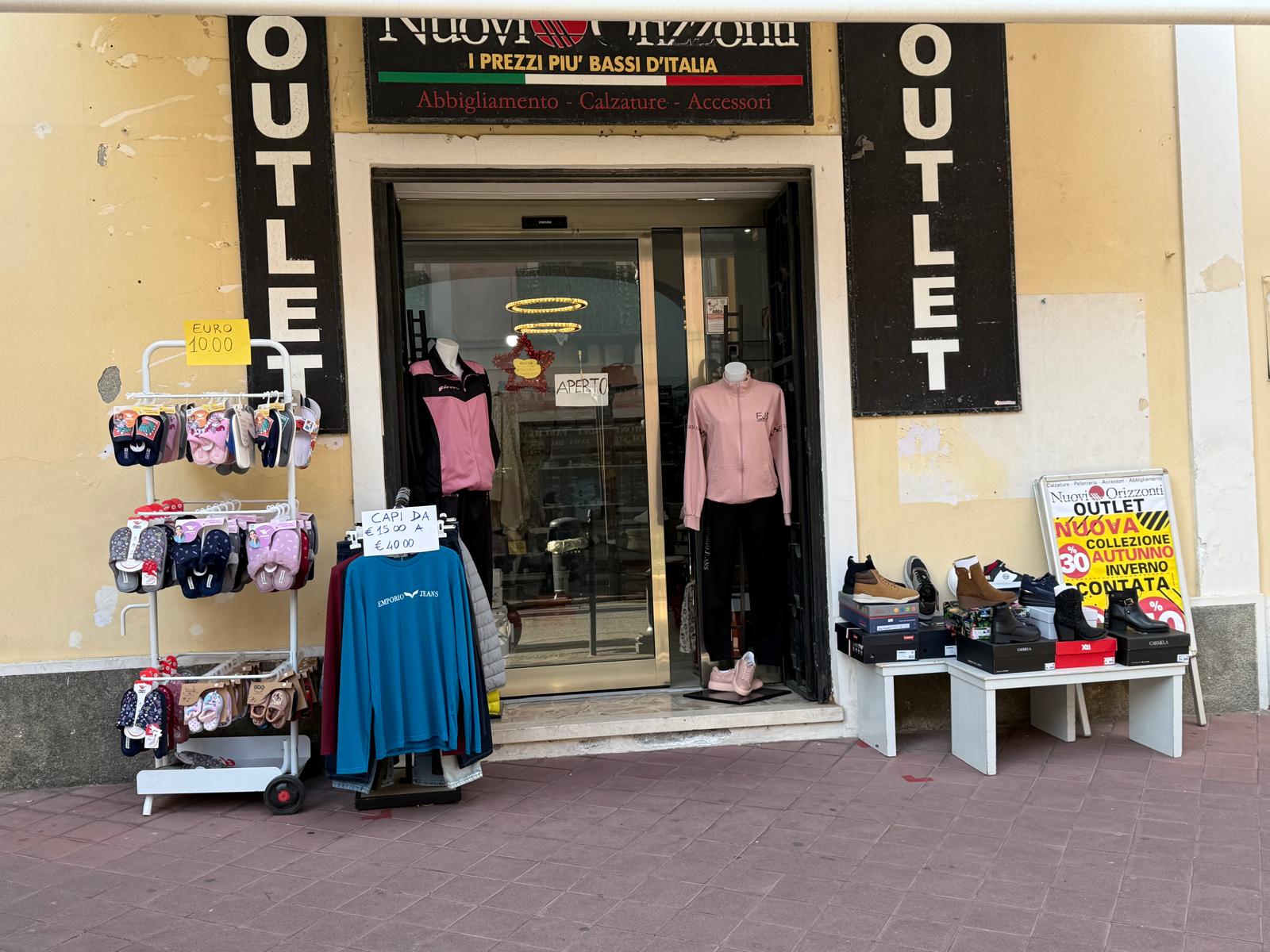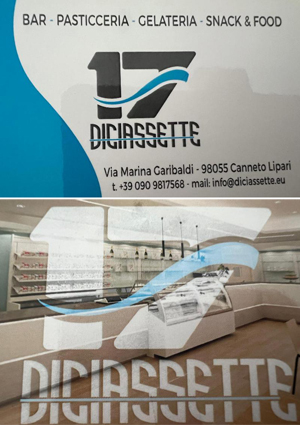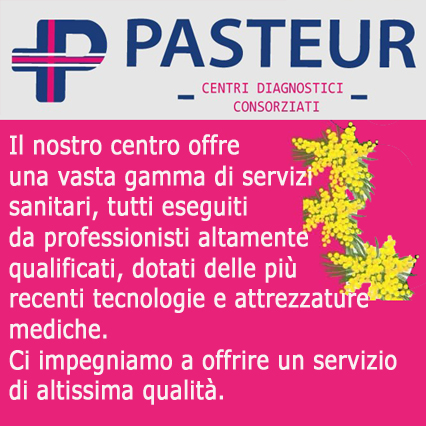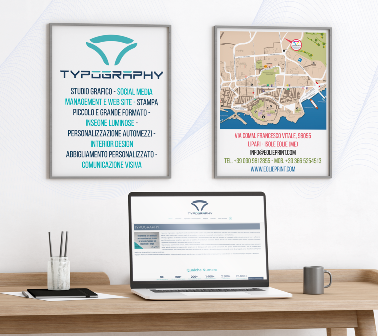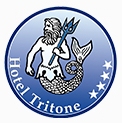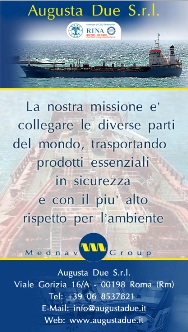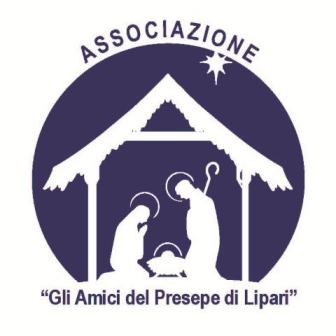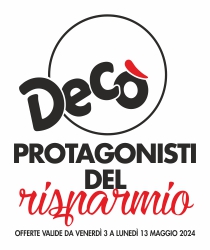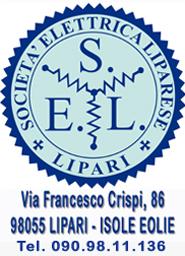
di Peter Tesoriero
Mio figlio Nino è venuto alle Eolie parecchie volte da quando era bambino. Però non parla italiano. Visto che ha un nome e cognome tipicamente eoliano, di tempo in tempo viene menzionato negli elenchi di emigrati eoliani all’estero.
Come verrai a sapere, solo la meta dei suoi antenati furono eoliani. Sua madre, mia moglie, è nata in Grecia di un padre orfano della guerra civile in Russia. Suo padre era un ufficiale di origine polacca nella marina dello Czar a Sebastopoli. I genitori di mio suocero erano vittime scomparse nelle repressioni perpetrate dalla Cheka (la polizia segreta bolscevica ) durante il Terrore Rosso.
Il bambino che era tropo giovane per ricordare i suoi genitori, veniva salvato da parenti che lo hanno portato a Salonicco. La madre di mia moglie era figlia di profughi Vlachi in Grecia dopo la seconda guerra balcanica. Così i miei figli hanno una discendenza piuttosto complicata.
Ho sempre voluto che loro sappiano la storia di tutti i loro antenati se possibile. Sto scrivendo qualche cosa per loro e i nipotini in Irlanda spero troveranno il tempo di leggerlo. Nino compie 50 anni il cinque Maggio 2021 (la data mi fa ricordare il Manzoni e Napoleone“...Ei fu…)

Nino Tesoriero: Getting corporate culture right in a crisis
Nino Tesoriero, Managing Partner at opr Agency, takes us through why a strong corporate culture that guides values, standards and purpose across a business is so important, especially in times of crisis.Australians are known for a healthy disrespect of authority. We like to test rule makers. Yet our collective response to COVID-19 has seen most of us adhering to the tough directions set by our leaders, even when at great personal cost.
This has had a profound and positive impact on Australia’s ability to contain the pandemic compared to the US, UK and Europe, where community compliance has been much harder to achieve. Given the success of Australian leaders in harnessing community spirit, how can we apply these pandemic learnings to corporate communication and culture?We clearly have a strong national culture that recognises the importance of community, individual responsibility and the need to do difficult things for the common good. Without this, even the best messaging would fall short. But with it, people intuitively support tough agendas because they believe in the approach.Cultures like this don’t develop on their own.
They evolve through effective leadership that builds trust, which in turn creates believability in our institutions and brands. This is especially important in a public health crisis because active engagement and compliance saves lives.To create social agreement, people need to buy into the purpose and values of a brand or institution and make a connection with their own guiding principles. They want leaders to deliver honest, regular and transparent information. They expect consistent and empathetic guidance that is in their best interest. And they expect leaders to practise what they preach.
Australians expect corporate brands, bosses and frontline workers to do whatever it takes to protect people from the spread of COVID-19.Hypocrisy and double standards erode this trust-based culture. For example, when politicians are caught breaking travel restrictions, or special dispensation is offered for sporting events when many Australians are still unable to return home. When leaders or brands say one thing and do another, they threaten their agreement with the community and the culture of believability.
Worse still, it provides a justification for other people to start breaking the rules.Brands and organisations risk significant reputational and commercial damage if employees fail to wear masks, public areas are not kept clean or customer safety procedures are not enforced. Consumers are watching how brands put values into practice and how well those values align with their own. This is why a strong corporate culture that guides values, standards and purpose across a business is so important, especially in times of crisis.
It boosts employee engagement and compliance, while protecting and enhancing a brand’s external reputation.YouGov research conducted for opr Agency’s client SafetyCulture confirms this. It found almost half of Australians (47 per cent) are hesitant to shop in-store because retailers cannot ensure COVID-safe environments.
Almost two-thirds (63 per cent) said the prospect of crowded stores and others not respecting COVID-safe practices are the two biggest shopping concerns. Most respondents (80 per cent) said they are unlikely to visit a venue that has had a COVID outbreak.Apart from the impact on foot traffic and sales, consumers are likely to call it out and take direct action when they experience a disconnect between what brands say and do around COVID-19 safety measures.
From a reputational perspective, one small incident can easily snowball via social and mainstream media – becoming a lightning rod for critics who want to make a public example of a brand or organisation.The vast majority of businesses have the best intentions. However, understanding how to fully engage workforces in embracing difficult changes that have a critical impact on the community is a challenge. It comes down to employees believing in the values and actions of their brand, adhering to the rules and respecting the communities they serve. So, how can corporate leaders maximise the effectiveness of internal communication strategies in 2021?
Leverage experts to drive purpose
Make your brand’s purpose a driving force in everything you do. Articulating it beyond your commercial objectives will have a big impact on keeping employees engaged as well as attracting values-focused consumers. Your brand’s purpose should be grounded in shared values with your workforce. It should be something that all parts of the business can understand and relate to. Drawing on expertise and independent counsel adds credibility that will help leaders make and communicate decisive actions in difficult times. This helps reduce confusion and uncertainty amongst employees and customers, and will be more persuasive for the wider public.
Take a ‘people first’ approach
We’ve seen great examples of strength and warmth from leaders during this crisis. This has had a profound impact on the success of communication with people who feel vulnerable and uncertain about their future. Staff must feel valued and protected. Leaders need to walk the talk every day to make sure employees feel connected, respected and productive, especially as so many are working remotely. The health and wellbeing of workers should be constantly reassessed through feedback and surveys to ensure your business is meeting their needs. Don’t underestimate the power of taking this approach with your customers.
Communicate more often
When employees feel vulnerable, silence reinforces negative thinking and creates a vacuum. That’s why it’s essential to provide regular updates. Employees need clarity and want to hear about anything that impacts the business, their roles and customers. Digital communication channels should be a core part of internal engagement for leaders and managers at every level to share important developments as well as gauge employee feedback.
It’s also so important to recognise the efforts of employees during a crisis. Employees value feedback. They will tune into leaders who communicate with empathy and heart.Investing in these key areas will deliver valuable internal and external results during this crisis and in the years ahead. Let your purpose, values and personal experiences guide you through this process.For more information about this topic, get in touch with Nino Tesoriero at nino.tesoriero@opragency.com.au


 393.97.18.272 - 393.97.18.431
393.97.18.272 - 393.97.18.431



